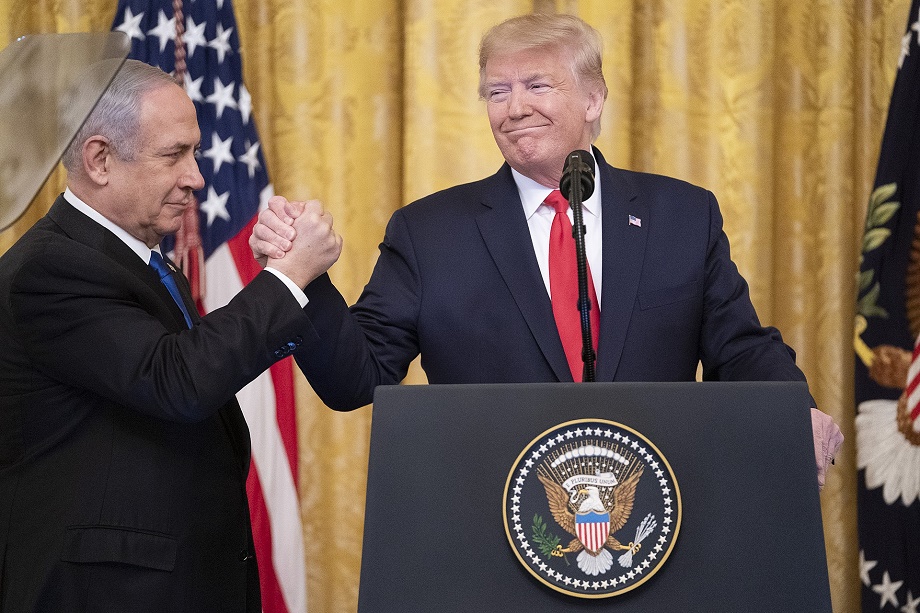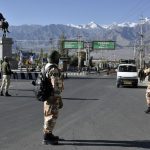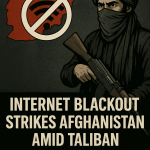In a high-stakes meeting at the White House on Monday, Israeli Prime Minister Benjamin Netanyahu extended a formal apology to Qatar for a recent military strike targeting Hamas officials, an action that drew sharp criticism from Arab leaders and even sparked rare disapproval from the United States.
The visit coincided with President Donald Trump unveiling a 20-point plan aimed at ending the war between Israel and Hamas while laying out postwar governance for Gaza. Though neither side has formally accepted the plan, it outlines a temporary governing board led by Trump, with former British Prime Minister Tony Blair also included, and emphasizes immediate ceasefire and the release of all hostages within 72 hours should Israel accept the terms.
Trump assured that the United States would continue to give Israel “full backing” if it chooses to take decisive steps against Hamas outside the proposed peace deal. “I think we are beyond very close,” Trump said, emphasizing confidence in reaching a resolution.
Netanyahu’s apology came after Israel’s strike on Hamas’ political leadership in Qatar on September 9, which accidentally killed a Qatari serviceman. In his conversation with Qatar’s Prime Minister Sheikh Mohammed bin Abdulrahman Al Thani, Netanyahu expressed deep regret, acknowledging the violation of Qatari sovereignty and pledging that such an attack would not occur again.
The White House highlighted the delicate balance at play: Israel faces growing international isolation, while its coalition at home shows signs of fragility. Trump, historically a staunch supporter of Netanyahu, signaled both confidence and cautious urgency, pressing for a ceasefire and hostage resolution.
Meanwhile, Palestinian officials voiced readiness to collaborate with U.S. and Arab mediators to achieve peace. “Let us not delay a single minute more in doing what is necessary for this just peace to replace the unbearable reality of today,” said Palestinian UN Ambassador Riyad Mansour.
The proposed Trump plan seeks an immediate halt to fighting, the disarmament of Hamas, and the eventual handover of Gaza governance to a reformed Palestinian Authority. It notably avoids any forced expulsion of Palestinians while advocating for international security oversight to stabilize the region.
As global eyes remain on this volatile region, the outcome of these negotiations carries profound implications for peace, regional security, and the lives of thousands affected by the ongoing conflict. Humanly, it reminds us that behind every headline are families and communities yearning for stability and safety—a reminder that diplomacy and understanding must go hand in hand with strategy and power.








